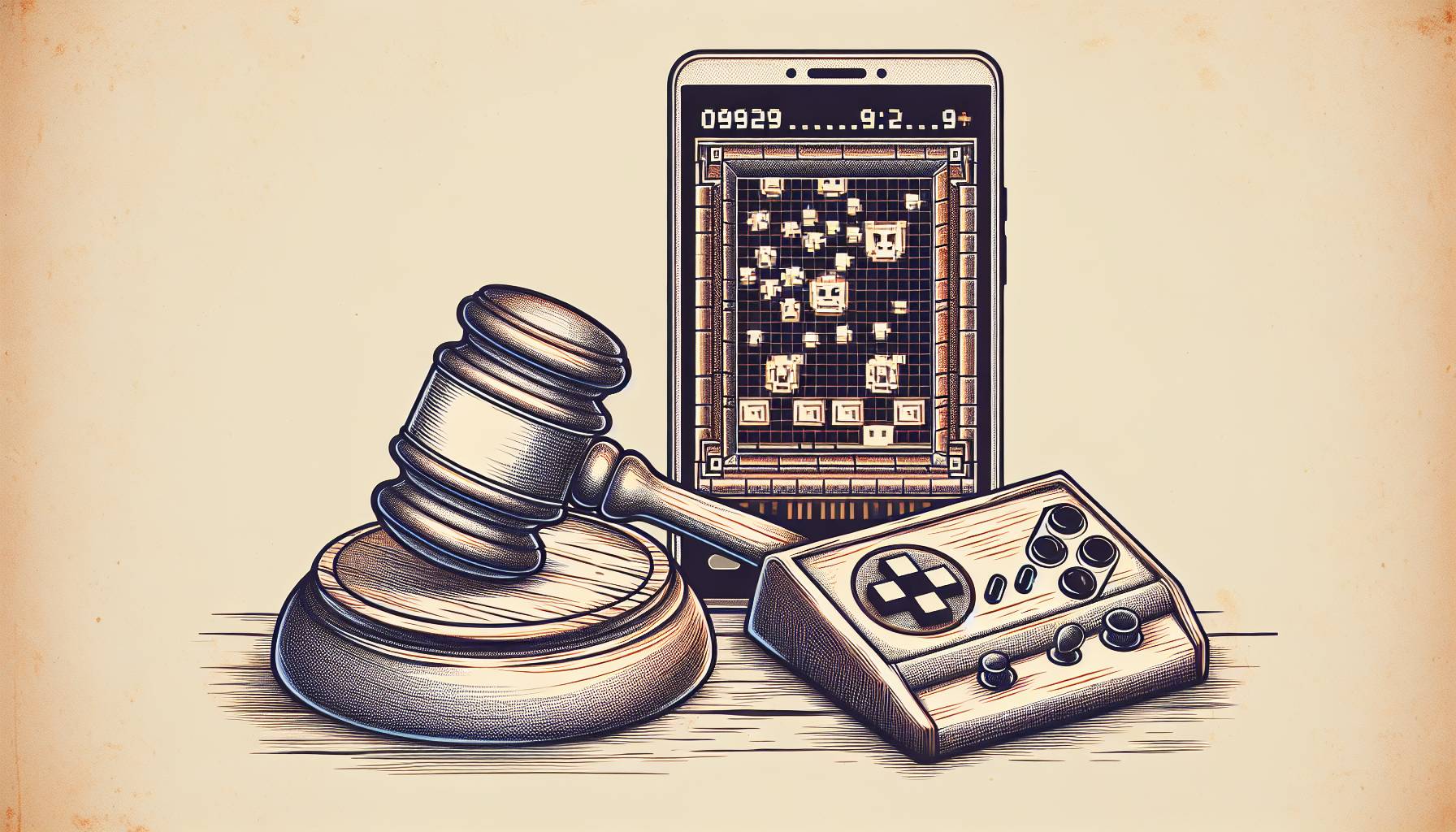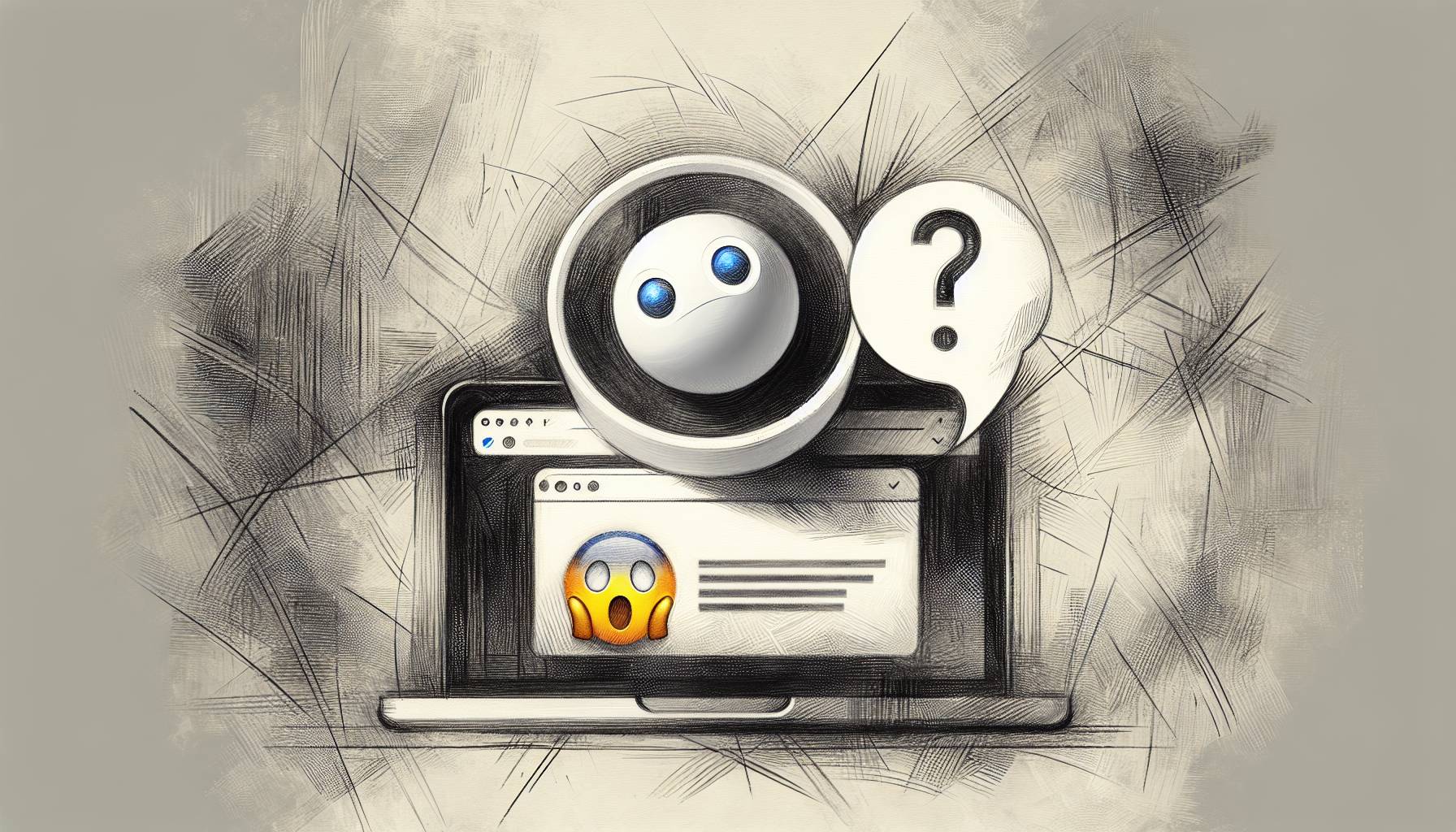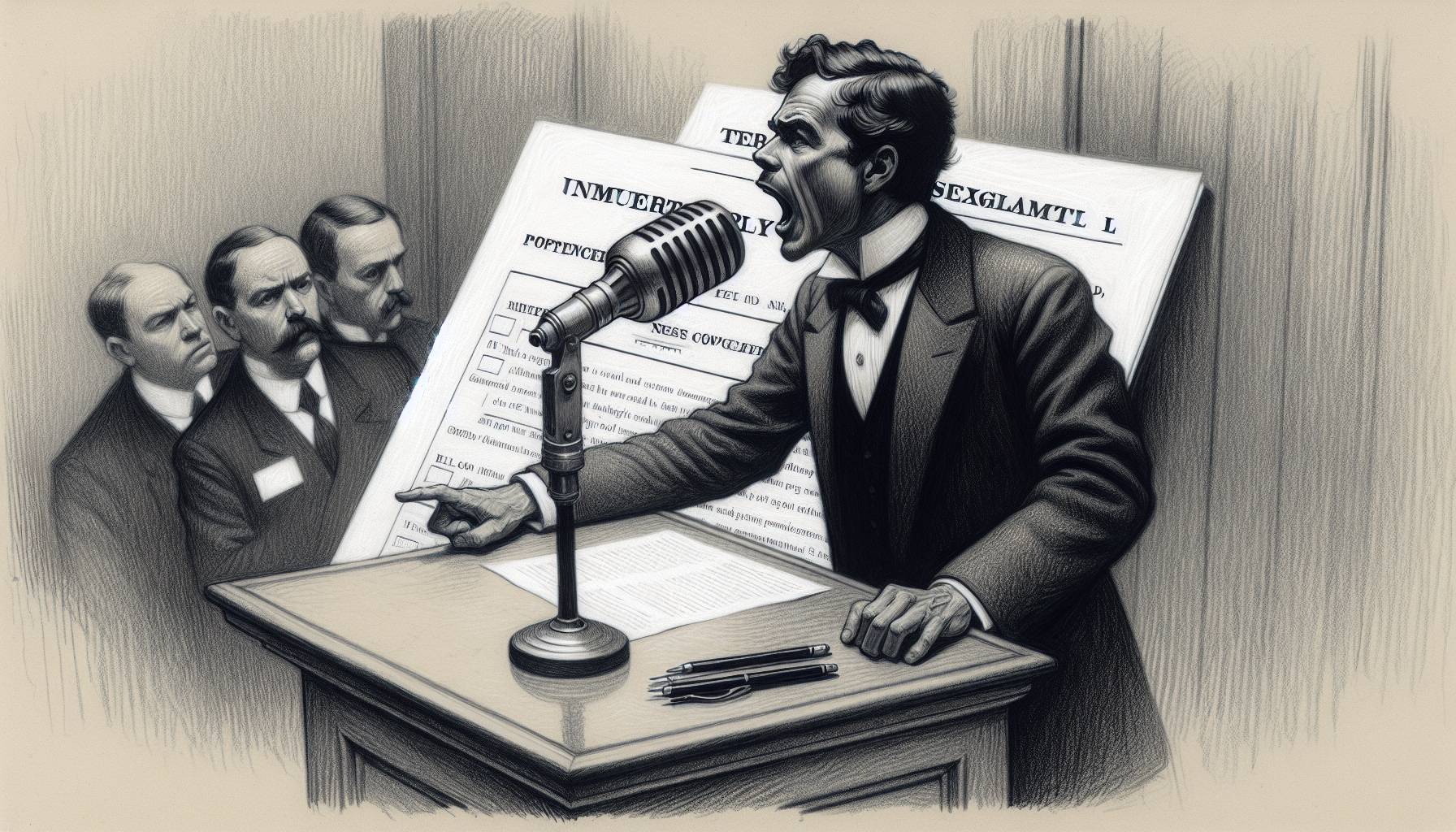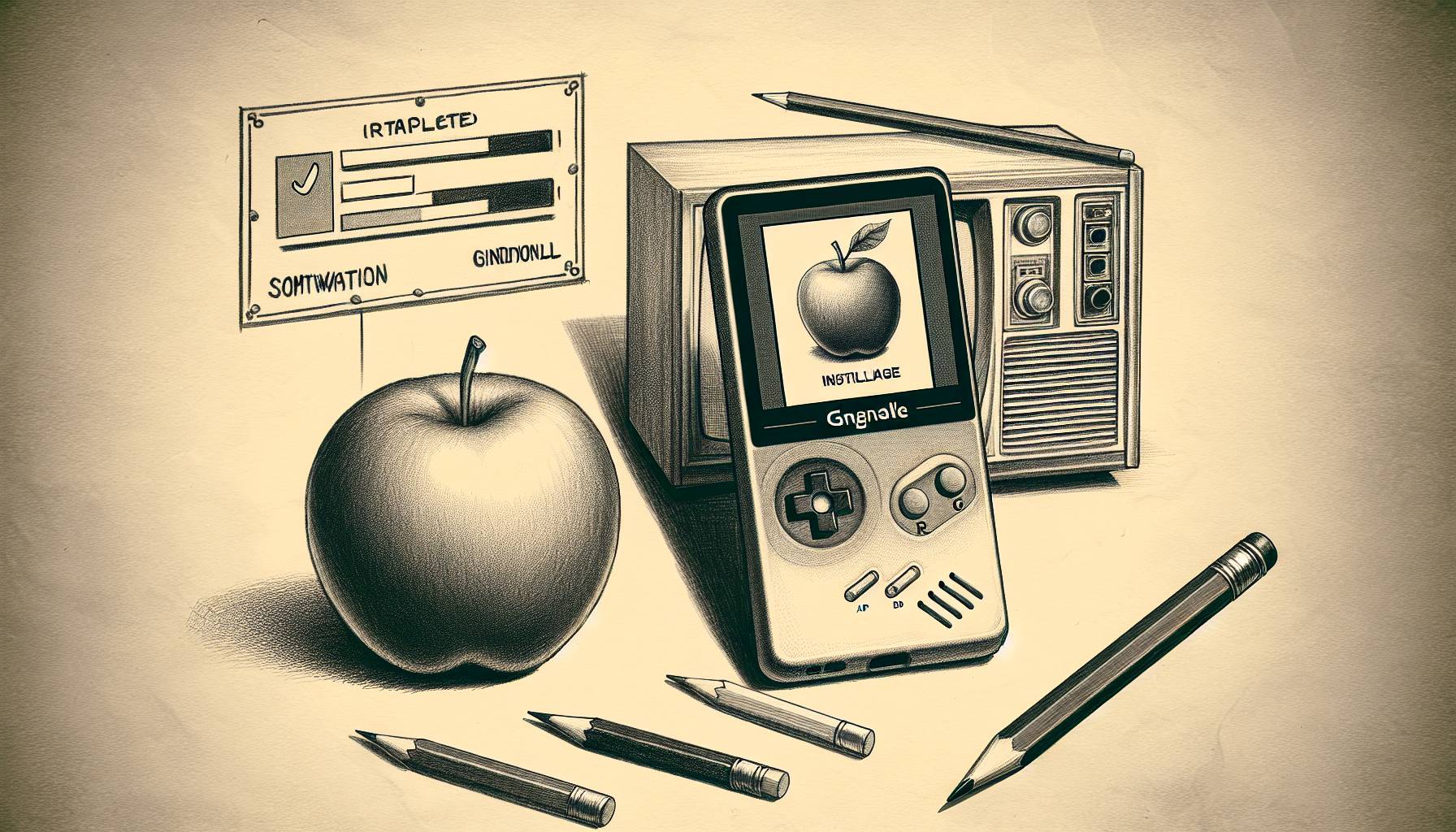Baffled by the business of choosing a cell phone carrier? You’re not alone. Not only do new phones hit the market seemingly every week, but the remaining big four US carriers – AT&T, Verizon, Sprint and (for now) T-Mobile – constantly change service plans and pricing to compete more effectively. Because carriers spend millions on advertising, we are treated to commercial after commercial touting the benefits of one over the faults of the others.
How do you make sense of the chaos? No worries. Read on for helpful hints on navigating the shifting sands of cellular. While much of our advice is geared towards smartphone owners who are looking for affordable data plans and faster networks, note that every major carrier offers an array of feature phones that offer voice, text messaging and perhaps email and applications. Most of those devices can be had for free if you sign a new two-year contract.
Before you do anything, check the terms of your current cell plan if you have one. Terminating early to move to another carrier can cost several hundred dollars in fees and ruin any financial benefits you might gain from switching. Also, ask your current carrier what special incentives they have to keep you around. They usually provide deep discounts toward the purchase of a new phone – as long as you’re up for a multi-year service plan.
AT&T – Big and Bountiful
If the deal passes the government’s anti-trust approval, AT&T (T) will acquire T-Mobile USA and become the biggest cellular service provider in the country with about 130 million subscribers. What does this mean for you? It means a wide range of choices, cutting edge phones and devices from every major manufacturer, plus a host of special services.
Of course, the deal going through is far from certain and will take at least several months. Here are opportunities available on AT&T today. And read below to find out what T-Mobile has to offer for existing and prospective customers.
Are you an iPhone fan? With Verizon’s iPhone launch in February, AT&T is no longer the iPhone’s exclusive carrier, but they do have a terrific deal on the previous version that you won’t find anywhere else. AT&T offers the iPhone 3Gs 8GB for a mere $49 with a contract. If you don’t mind not keeping up with the Jones’ you can’t beat that bargain.
For other phones, AT&T offers a tremendous selection including the brand new Android-based Motorola (MMI) Atrix 4G that operates as a phone or the brains of a cool laptop dock. This, and other phones, run on AT&T’s fast new HSPA+ 4G network. To boost phone performance even higher, AT&T promises to unveil an even faster 4G LTE network later this year.
With its powerful market share, AT&T has made agreements with countries around the world for special roaming rates when you travel. Additionally, AT&T delivers its own apps and services like AT&T FamilyMap for keeping tabs on the location of your loved ones. If you want choices in phones and services – AT&T is hard to beat.
What’s not to love? AT&T has had issues with dropped calls. A Businessweek story from January claimed its dropped call rate had risen to 5.8% last year compared to only 2% on Verizon’s network. Also, AT&T no longer offers unlimited data plans. So, if reliability or unlimited data are your top priorities, shop around.
Verizon – Fast and Flexible
Like Sprint, Verizon (VZ) runs on a network technology called CDMA. Because most of the rest of the world uses GSM cell networks, Verizon has problems getting some phone makers, like Nokia (NOK), to deliver phones for its service. Still, with more than 93 million subscribers, some phone manufacturers modify existing phones (like Apple (AAPL) did with the iPhone) just to support Verizon.
If you feel the need for speed, you may have found your carrier match. Verizon is out front with its 4G LTE network, which some analysts say is currently faster than AT&T’s HSPA+ and Sprint’s WiMax 4G networks. To clock it yourself, go test drive the new Android-based HTC (2498.TW) Thunderbolt – which review sites like CNET.com claim is noticeably faster than other phones they’ve tested.
Verizon has custom services to suit your needs. They offer VZ Navigator for voice navigation, V CAST for mobile TV, Backup Assistant to save your cell stuff, and NFL Mobile and Disney Mobile Magic to keep you entertained.
Complaints? Just behind the slightly limited range of phones quickly follows the early termination fee. If you sign up, plan to stay because Verizon tops the chart in highest fees – $350 for “advanced devices” at last check – for breaking your contract to move to another carrier. Outrageous! Can you hear me now? Good.
Sprint – Unique and Unlimited
Number three tries harder. While not as big as Verizon and AT&T in terms of subscribers, Sprint (S) prides itself on breaking away from the pack with innovative service plans and partnerships. Depending on your phone usage you may find its offerings suit your lifestyle best.
For heavy phone users, Sprint’s True Unlimited plan remains a great choice. While other carriers place caps on voice and data with surcharges for each minute or megabyte you go over, Sprint charges a flat fee — $99.99 per month (plus 10 bucks more per month for smartphones) – for unlimited voice, data, and text. You can save big money and the hassle of always checking your usage each month with this plan.
With a recent partnership with Google (GOOG), Sprint fully embraces the 21st century of mobile apps and communication. In this deal, your Sprint phone number also can be used as a Google Voice number, allowing you to receive voice mails in text format through your Gmail account, make calls through any device or computer connected to the Internet, and have incoming calls to your cell also ring other phones you specify. This partnership works beautifully if you’re tech savvy and may lead to more interesting apps in the future.
Issues? Like Verizon, Sprint’s CDMA means a smaller pool of compatible handsets. If you’re not picky, it shouldn’t be a problem. Also, it’s not difficult to find web posts with people complaining about Sprint’s customer service. But admittedly, it’s hard to tell whether those are isolated incidents or more of a trend. Ask your friends or family who use Sprint and form your own opinion.
T-Mobile – Living in Limbo
While T-Mobile waits to find out from regulators whether it will eventually be acquired by AT&T, there are some great deals and opportunities to be had from the carrier that bills itself as “America’s Largest 4G network.”
At eighty bucks per month, T-Mobile’s all-in-one bundle package for moderate to heavy users who can enjoy unlimited data and text messing as well as 1500 minutes of talk time. The company also offers the opportunity to add additional data plans to new and existing contracts for $10 per month a pop. T-Mobile has also been known to cut additional deals with existing and prospective subscribers over the years over the phone or in stores. So, in light of the pending merger, it may pay to ask what else they can do for you.
Like Sprint, T-Mobile currently has no arrangement with Apple to carry the iPhone. However, there are a number of great Android-powered phones made by Samsung, Motorola, HTC and others carried by Verizon. T-Mobile’s network is similar to AT&Ts so customers are not restricted from choices in that regard. Later this Spring, T-Mobile and Samsung will unveil the Sidekick 4G equipped with a 3.5-inch touchscreen display.
What’s not to like? Well, T-Mobile’s definition of 4G is not blessed by groups including Consumer Reports and the International Telecommunications Union. T-Mobile uses technology similar to AT&T’s 3G. While faster than existing 3G options, surveys show T-Mobile’s 4G network is not as fast as Verizon’s or Sprint’s.
Shop ‘Til You Drop
But, don’t let the big three push you around. This is America and you’re free to shop until your heart and your wallet are content. Keep in mind, T-Mobile is fully operational and open for business, even while in the midst of the AT&T acquisition. It, too, competes for subscribers with great phones and plans.
Need more? US Cellular (USM), Leap (LEAP), MetroPCS (PCS), and Virgin (VMED) are smaller, lower-cost carriers who definitely want your business. You’ll find crazy deals – like a current “buy one, get five free” offer at US Cellular – and some bargain service plans. The trade-off for choosing a smaller carrier will be fewer phone stores for you to visit and fewer customized services and apps.
Once you narrow down your favorite carrier, be sure to scope out its website in addition to a store. You might find exclusive web-only deals that the stores can’t offer. Happy shopping!












